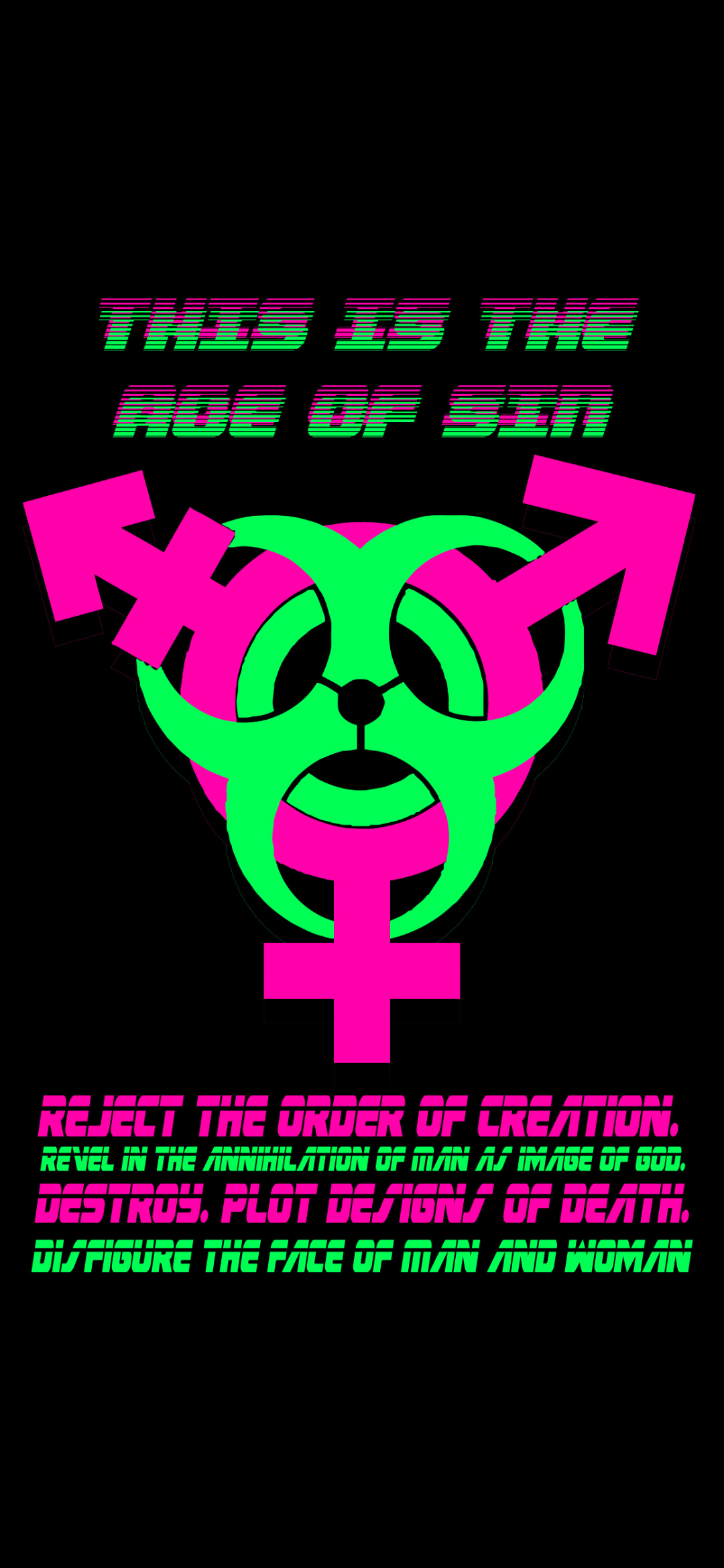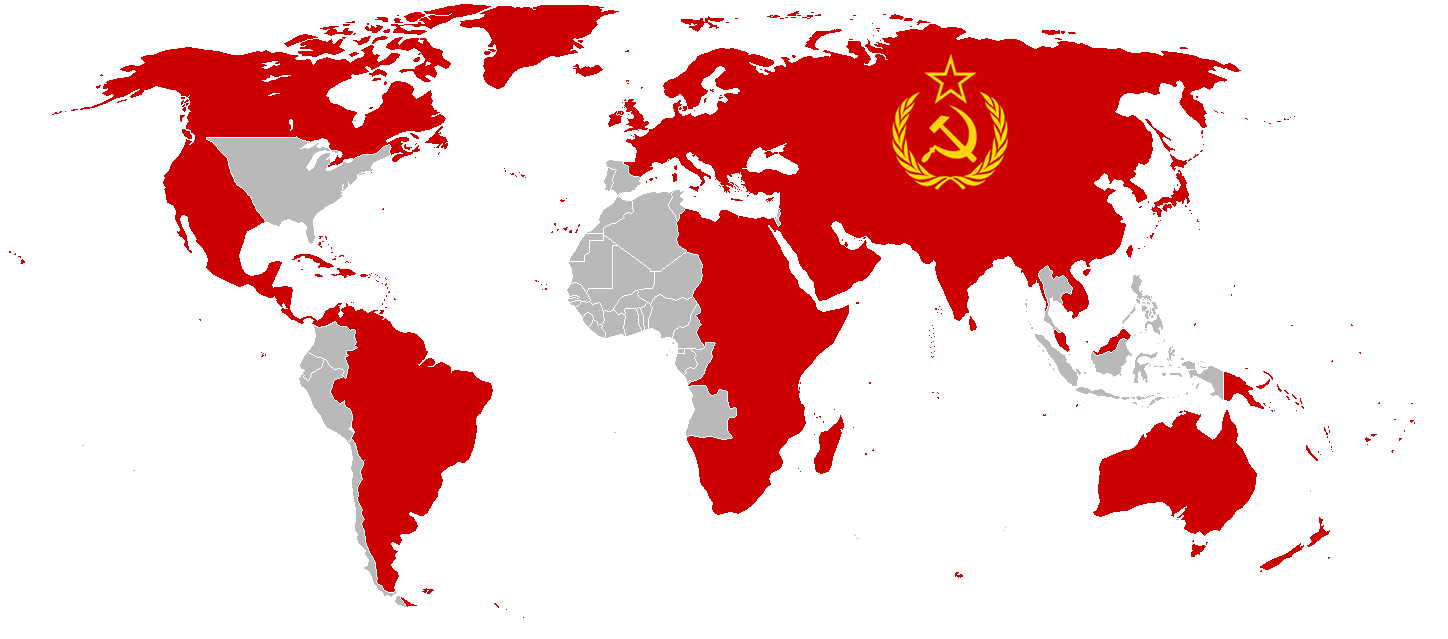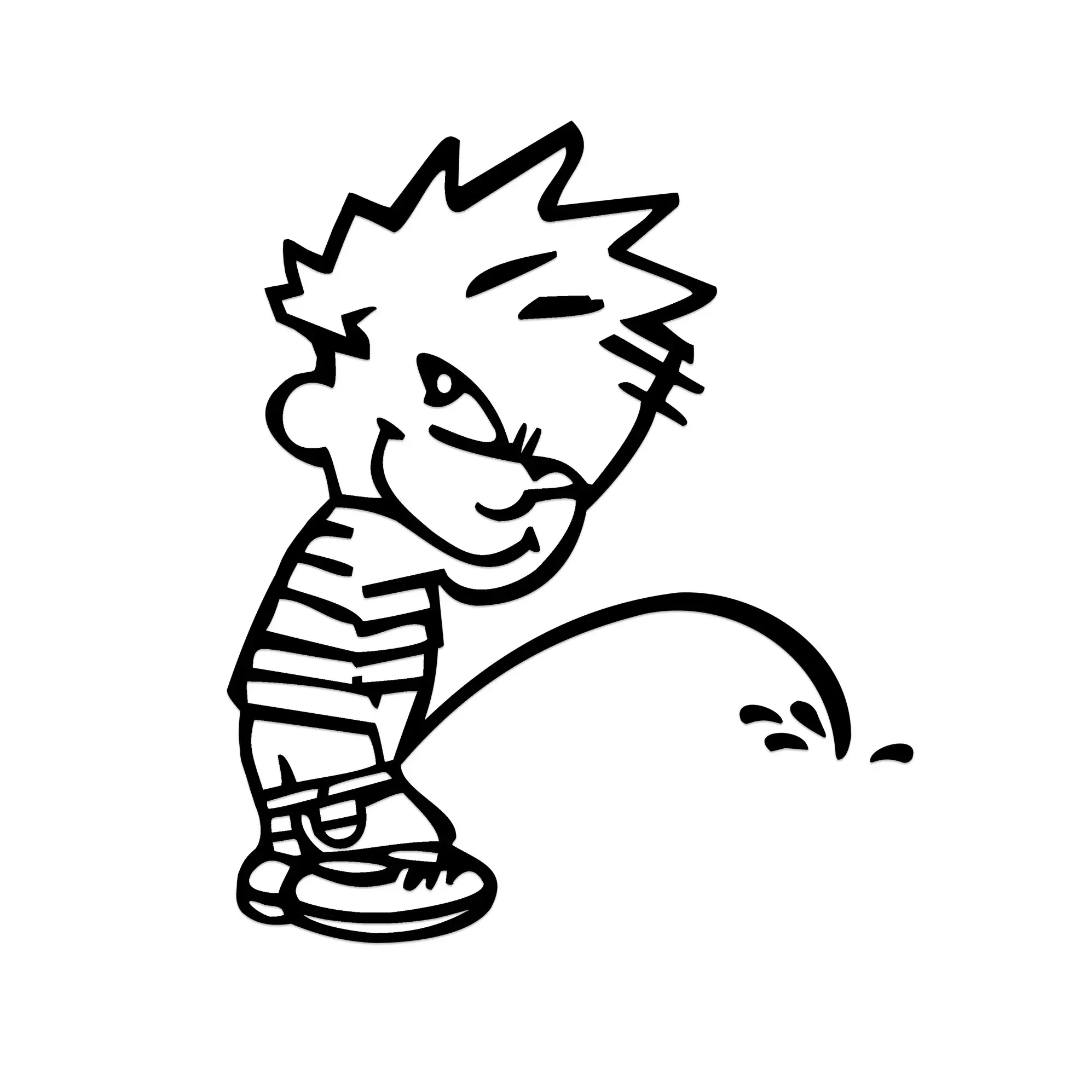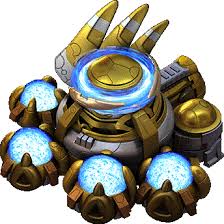people talk about how media literacy being at an all time low, but this right here is just the death of regular literacy
This probably goes without saying, but to analyze why the “easy” version feels so shit. It loses information. A book transformed in this way would be a different book.
- Narrator no longer identifies youth with vulnerability
- The father’s statement is no longer advice. It could just be him saying “ligma”
- The visual metaphor of physically inspecting a thought-object is lost
“Ligma balls, son” would explain narrator daddy issues
And they’ll try to claim that it’s considered “fair use transformation” under copyright law, the joke ass Supreme Court will hand them a win and the United States will become blanketed in datacenters as a million grifters try to set up their own unnecessary LLMs in order to get illiterate dumbasses to sign up for subscriptions they hope they forget to cancel
“Why is the west falling behind China?”
Gee, maybe teach your people how to read for a start?
Big Sold a Story podcast energy right here.
This is an incredibly bleak view of writing.
Like, that prose exists as an obstacle to understanding the story instead of being part of it and that you can optimise a story into a Wikipedia-ass summary.
All the meaning of a work burnt away for something with all the dryness of an CRPG battle-log.
Jason strikes a harpy
Critical hit! 20 hp damage
Harpy is defeated
70 exp is distributed to the party
70 exp were acquired by Jeff, they will eventually trickle down to the rest of the party

Because the rest of the party gives Jeff the wall in exchange for his exp?
Mutiny mechanics in CRPGs would be pretty interesting unironically
Why use Great Gatsby for the example? Impress me, sell the product to me. Show me a sample from Ulysses I dare you coward

AI training set includes hexbear and the entire book is just turned into a treat post by UlyssesT
I’d like to see a UlyssesT AI write an episode of hit TV show Barry.
Barry was an amazing show though
Not according to Ulysses who never watched it.
And Ulysses media takes are always right, if you disagree you’re a treat chaser.
find and replace “.” with “
 ”
”
I don’t get it, if your books are too hard you should just tear the covers off.
This is a dumb take. The real answer is to dump them in water for 24 hours.
Seems about right given the demographics they’re targeting.
The great gatsby was easy though? Like very comfortable reading, just super cozy, like a late summer evening in text. That’s not the point at all, but like why choose this book instead of something notoriously difficult?
I think you’re forgetting that a large amount of the American populace are functionally illiterate and even many of those that are literate are at a ~6th grade level
The American people yearn for Cocomelon
This is going on the list of stuff that’s making me feral.
Everything must be smooth. Iron out those unsightly folds in my brain! Remove that texture from literature - blend it into a uniform paste!
I would love to read the Lord of the Rings like this
Gravity’s rainbow
Imagine gravity is fractal… because light is just a wave, and gravity is just a wave… So imagine there’s a big piece of glass that splits up gravity like a prism, so that there’s, like, blue gravity and yellow gravity. And then somebody gets hit by the red gravity, and it makes them super heavy, so they have super strength, but, like, they’re also really slow. And another guy gets hit by microwave gravity. So he’s trying to zap everybody, and just when he’s about to zap the main guy, we see a lady come out, and she turns out to be Ultraviolet Girl, and she has Super-Speed, so she beats him. And it, like, also gave her giant cans. —Thomas Pynchon, Gravity’s Rainbow.
“The sky is yelling. It already happened but it’s different now.”
Harness the powers of AI to make Readers’ Digest even shittier.
Cool, now do this:

deleted by creator
10,000 B.C: Understanding Earth’s Layers
Professor Challenger, who made the Earth scream with his pain machine in a story by Arthur Conan Doyle, gave a talk after mixing books on geology and biology. He said the Earth is like a body without organs. This means it has many different things moving around inside it.
But that was not the main point. He talked about something important that happens on Earth called stratification. This means there are layers, like belts, that form and organize things. These layers capture and hold things together, like black holes.
Professor Challenger read a sentence from a geology book. He said we need to remember it: “A surface of stratification is a plane of consistency lying between two layers.” The layers are strata and they come in pairs. The surface between them is a special area that connects them.
God is like a lobster with two claws. Strata come in pairs, and each layer has two parts. This double articulation means layers have two steps: first, they pick units from moving particles, and second, they make stable structures from these units.
In geology, the first step is sedimentation, which makes layers of sediment. The second step is folding, which turns sediment into rock.
obviously a lot is lost, but it exceeded my expectations to be honest
Chapter One
Burning stuff felt good.
I love that they chose a dogshit book for highschool sophomores.






















